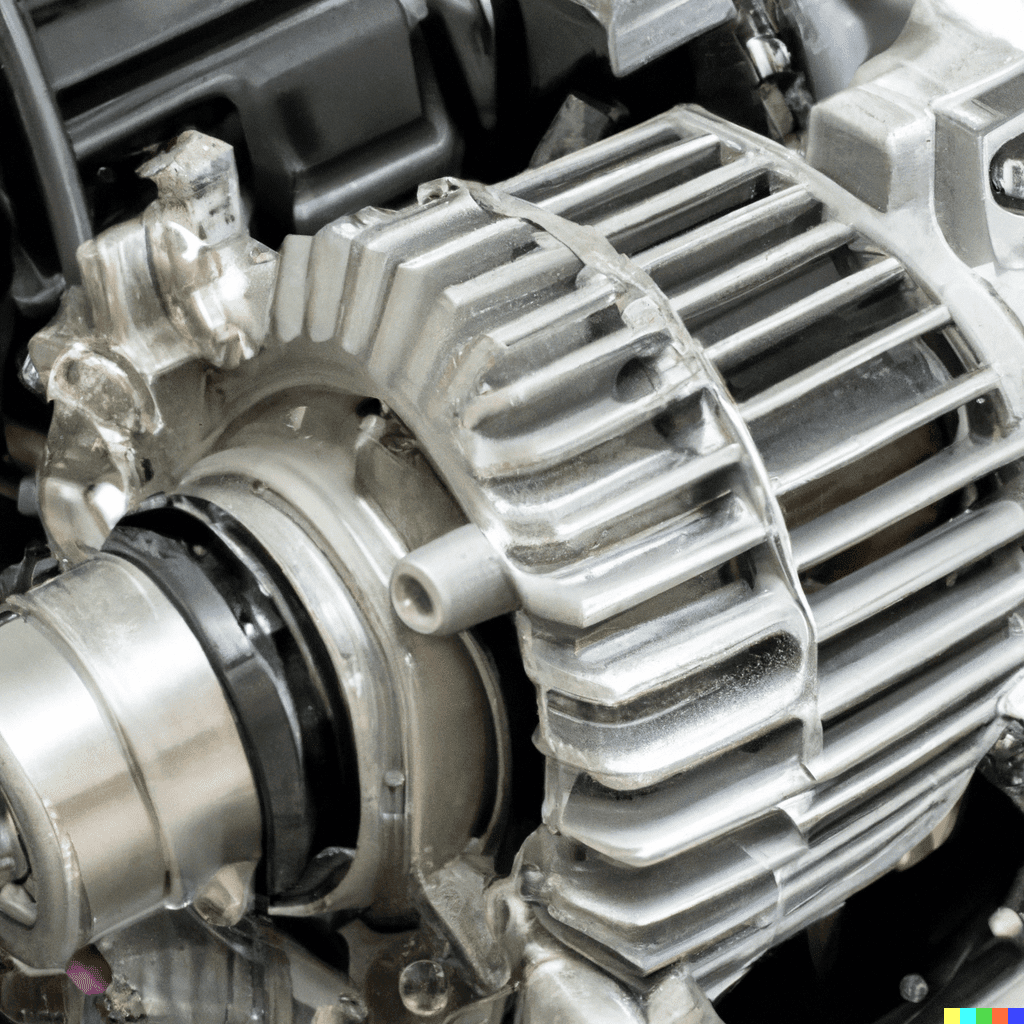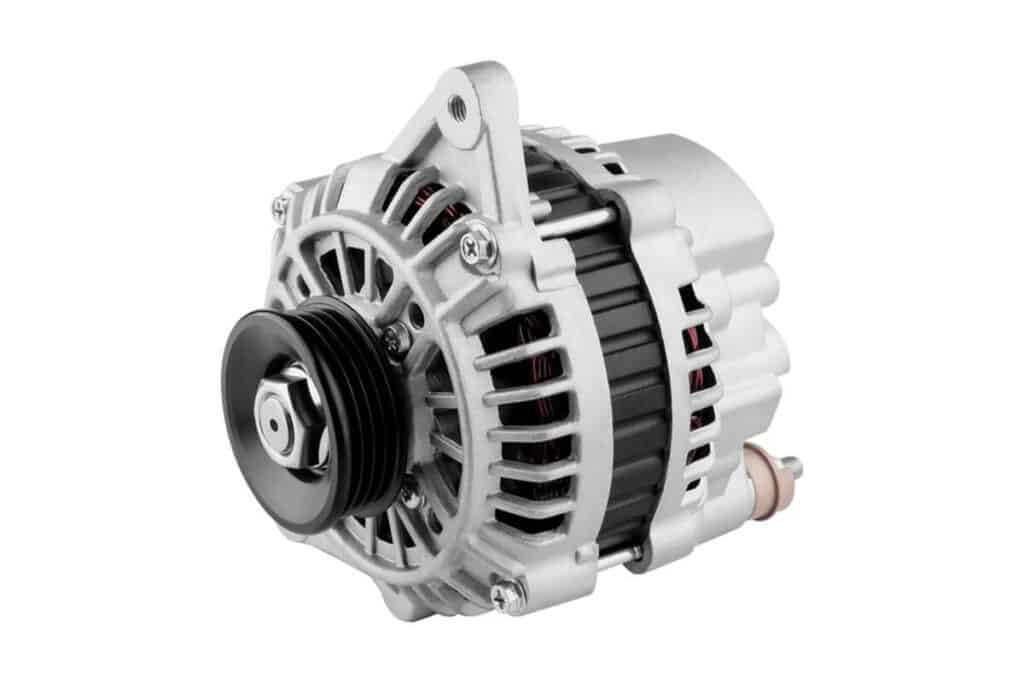Tips for Optimizing Your Car’s Alternator for Maximum Efficiency
To optimize your car’s alternator for maximum efficiency, there are several steps you can take. These include:
Regular Maintenance
Regular maintenance can help ensure that your alternator is functioning properly. Make sure to check your alternator and battery regularly, and address any issues as soon as they arise.
Reduce Electrical Load
Reduce the electrical load on your car’s alternator by turning off any unnecessary electrical components, such as lights or air conditioning, when they’re not needed.
Use High-Quality Electrical Components
High-quality electrical components can help reduce the load on your alternator and improve fuel efficiency.
Use a Voltage Regulator
A voltage regulator can help regulate the amount of power that your alternator provides, reducing the load on the alternator and improving fuel efficiency.

How to Diagnose and Address Fuel Economy Issues Related to Your Alternator
If you’re experiencing fuel economy issues, it’s important to diagnose and address any issues related to your alternator. Some signs of a failing alternator include dimming headlights, warning lights on the dashboard, and strange noises coming from the engine. If you’re experiencing any of these issues, it’s important to have your vehicle inspected by a qualified mechanic as soon as possible.
Upgrades and Improvements to Enhance Your Alternator’s Performance
If you’re looking to enhance your alternator’s performance, there are several upgrades and improvements you can make. These include:
Upgrading to a High-Output Alternator
A high-output alternator can provide more power to your car’s electrical components, improving fuel efficiency.
Using a Deep-Cycle Battery
A deep-cycle battery is designed to provide more power for a longer period of time, reducing the load on your alternator and improving fuel efficiency.
Using a Power Inverter
A power inverter can convert the DC power provided by your alternator into AC power, allowing you to power more electrical components without putting a strain on your alternator.

Conclusion
In conclusion, the link between alternators and fuel economy cannot be overstated. A failing alternator can lead to decreased fuel efficiency and increased fuel costs. However, by following the tips outlined in this article, you can optimize your car’s alternator for maximum efficiency and save money on fuel. Regular maintenance, reducing electrical load, using high-quality electrical components, and upgrading your alternator can all help improve your car’s fuel economy and keep it running smoothly.
